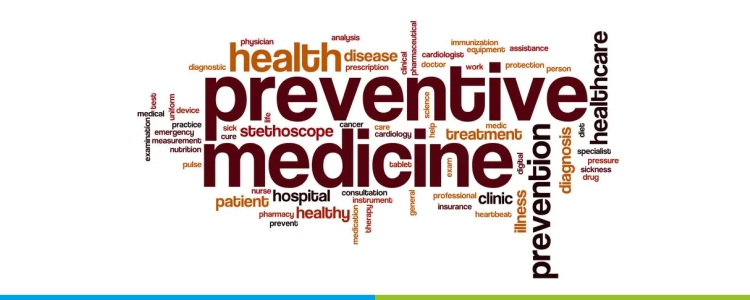

The importance of preventive medicine cannot be overstated. Here are some key reasons why it is significant:
1. Disease Prevention: Preventive medicine emphasizes proactive measures to prevent rather than relying solely on treating them after they have already occurred. By identifying risk factors and implementing appropriate interventions, it can help prevent the development of various diseases, such as heart disease, stroke, diabetes, certain types of cancer, and infectious diseases.
2. Health Promotion: Preventive medicine aims to promote and maintain good health throughout a person’s lifespan. It focuses on encouraging healthy behaviors, such as regular physical activity, a balanced diet, tobacco cessation, and stress management. By promoting healthy lifestyles, preventive medicine helps individuals optimize their overall well-being.
3. Cost Savings: Preventive medicine has the potential to save significant healthcare costs in the long run. By preventing diseases or detecting them at an early stage when treatment is more effective and less expensive, it can reduce the need for costly medical interventions, hospitalizations, and long-term care. It also helps minimize productivity losses associated with illness and disability.
4. Increased Lifespan: By addressing risk factors and promoting healthy behaviors, preventive medicine has the potential to extend the average lifespan. By preventing or managing chronic conditions, such as hypertension, obesity, and high cholesterol, it can reduce the risk of premature death and improve overall life expectancy.
5. Improved Quality of Life: Preventive medicine not only focuses on increasing lifespan but also on enhancing the quality of life. By preventing or managing chronic diseases, individuals can enjoy better physical and mental well-being, maintain their functional abilities, and experience fewer limitations on their daily activities.
6. Population Health: Preventive medicine plays a vital role in improving the health of entire populations. By implementing population-based interventions, such as immunization programs, screenings, and health education campaigns, it can reduce the incidence and prevalence of diseases, improve health outcomes, and promote health equity.
In summary, preventive medicine is an essential component of healthcare that emphasizes disease prevention, health promotion, and early intervention. By adopting preventive measures, individuals and communities can enjoy better health, reduce healthcare costs, and improve overall well-being.